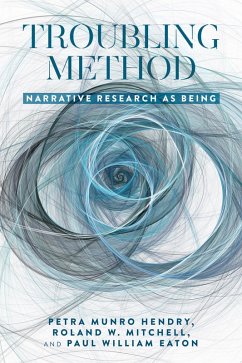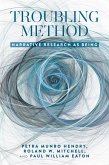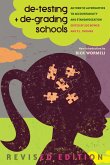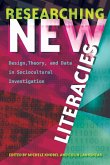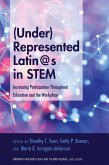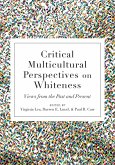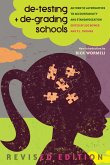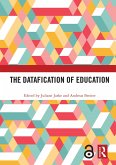Troubling Method seeks to extract narrative inquiry from method. The shift to a post-humanist, post-qualitative moment is not just another stage in modernism that seeks to "improve" knowledge production, but is a shift to understanding research as an ontology, a way of being in the world, rather than a mode of production. Fundamental assumptions of research: method, data, analysis, and findings are deconstructed and reconfigured as a mode of relational intra-action.
Troubling Method is constructed as a dialogue between the three authors, focusing on their work as qualitative, narrative researchers. The authors revisit six previously published works in which they grapple with the contradictions and ironies of engaging in pragmatist, critical, and feminist qualitative research. After a lengthy introduction which problematizes "method," the book is divided into three sections, each with two chapters that are bracketed by an introduction to the issues discussed in the chapters and then a "dialogue interlude" in which the authors deliberate what makes possible the questions they are raising about method and narrative research. The three sections attend to the central premises of "narrative research as being": 1) relationships, 2) listening, and 3) unknowing.
Troubling Method is ideal for introductory or advanced courses in qualitative research, narrative inquiry, educational research, and those aimed at employing critical theories in qualitative and narrative inquiry.
Troubling Method is constructed as a dialogue between the three authors, focusing on their work as qualitative, narrative researchers. The authors revisit six previously published works in which they grapple with the contradictions and ironies of engaging in pragmatist, critical, and feminist qualitative research. After a lengthy introduction which problematizes "method," the book is divided into three sections, each with two chapters that are bracketed by an introduction to the issues discussed in the chapters and then a "dialogue interlude" in which the authors deliberate what makes possible the questions they are raising about method and narrative research. The three sections attend to the central premises of "narrative research as being": 1) relationships, 2) listening, and 3) unknowing.
Troubling Method is ideal for introductory or advanced courses in qualitative research, narrative inquiry, educational research, and those aimed at employing critical theories in qualitative and narrative inquiry.
Dieser Download kann aus rechtlichen Gründen nur mit Rechnungsadresse in A, D ausgeliefert werden.
"«Troubling Method» nuances narrative research, provokes our thoughts on concepts taken for granted, and invites us all to rethink ways of inquiring from a relational perspective. The vulnerability and transparency the authors share through reflections on doing narrative research over several decades is refreshing and appreciated. Dialogue interludes in each section and the individually authored chapters shed light on the politics of doing inquiry and being a researcher. Whether you are new to narrative approaches or have been doing narrative research for years, this book will make you pause and then compel you to imagine doing inquiry differently." Candace R. Kuby, Ph.D., Associate Professor in Learning, Teaching, and Curriculum, University of Missouri

